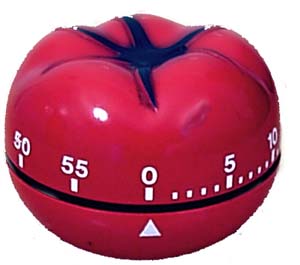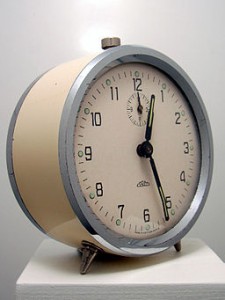
Yes, my kitchen cupboards are painted purple inside--what color are yours?
I heard an old wives’ tale a few years back, and it made some sense to me. The saying was, “Whatever state of order or disorder you are in as the new year rolls in will predict your entire year.”
I’m superstitious about some things and not about others (there’s a whole blog post right there!). I was not frightened or superstitious about that bit of ‘grandmotherly guidance,’ but I deemed it a good enough idea to incorporate ever since.
So sometime between a couple weeks before Christmas and New Year’s Day, I take my dresser drawers, one-by-one, to a TV tray in front of the – you called it – the TV — and sort them out while I watch favorite shows. I refold scarves, reorganize jewelry, recycle worn socks and unwearable T-shirts. It’s a call to pack away shorts and tank tops and fill the drawers with turtle necks and sweat pants.
When I’ve been especially industrious, I’ve carried over this straightening up to the bathroom. Drawers and cupboards and bins of toiletries are sorted, thinned as needed, and reorganized into an even better schema than last year.
Sunday, December 18th–right in the key cleaning up field–I amazed myself by taking on the kitchen cupboards from top to bottom. First, there were the brightly colored and seldom used, mostly ornamental bowls and pitchers sitting atop the cupboards, organizing their own dust disguises for at least the last six months. All were cleaned or washed and repositioned.
One by one I delved behind cupboard doors, top shelf to bottom, removing all contents, dusting or washing the shelves, as needed, and returning – or washing and returning – the dishes. A little reorganizing, a little gaining space. Up and down the two-step stool I went, in a frenzy of polishing and making the kitchen gleam.
I didn’t stop there. I did all of the drawers–washed the flatware trays, returning the nested spoons and forks to their respective compartments.
Next drawer: sharpened all of the knives while clearing and cleaning.
Next: Re-sorted and realigned placemats.
Then that most horrible of all drawers – the one with the over-sized utensils and the measuring cups and funnels…Many serviceable items were retired to covered plastic storage bins, awaiting a shift in gourmet preferences.
Moving left, there were kettles and baking dishes and storage containers and mixing bowls and glass measuring cups – all to be sorted, decided upon, and their pull-out wire baskets removed completely for thorough cleaning underneath. I won’t bore you with the plethora of kitchen items. They’re the same ungainly lots as yours, I’m sure. Each 3-4 items has a completely different shape, unsuited for nesting or compact storage.
I didn’t stop here. I polished the counter tops, scoured the sinks, mopped the floor. All of this for what?
Because my doctor put me on Estrogen therapy, so instead of caring about only myself and my jewelry and my clothes, I went on a deep-seated pre-evolutionary kitchen binge, leaving me barefoot, knowing where every pot and spoon is.
Oh my gawd. I’m not going to get pregnant, am I? Because then I would really need to address my closet!
 After watching The Six Triple Eight, I understand this trope in a new way. Surrounded by a score of well-known actors, Dean Norris agreed to play the arrogant, dismissive, misogynist General Halt.
After watching The Six Triple Eight, I understand this trope in a new way. Surrounded by a score of well-known actors, Dean Norris agreed to play the arrogant, dismissive, misogynist General Halt.





